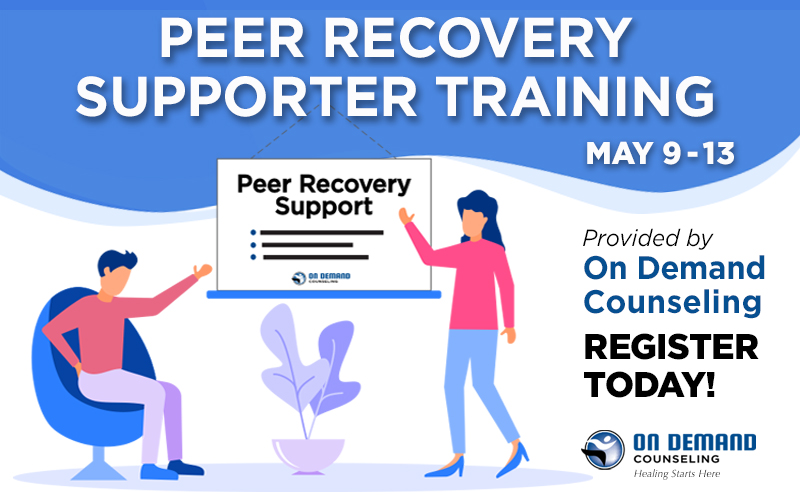 Addiction recovery is an ongoing process because substance use disorders are chronic diseases. This means that rather than finding a cure, you’re learning to manage your symptoms. Even after completing a rehabilitation program, you’re still at risk of relapsing if you’re not ready to take on the challenges that life throws at you. Counseling can help you discover what your relapse triggers are and give you the tools to overcome them.
Addiction recovery is an ongoing process because substance use disorders are chronic diseases. This means that rather than finding a cure, you’re learning to manage your symptoms. Even after completing a rehabilitation program, you’re still at risk of relapsing if you’re not ready to take on the challenges that life throws at you. Counseling can help you discover what your relapse triggers are and give you the tools to overcome them.
Read on to discover the most common relapse triggers and learn coping mechanisms to help you overcome the intense cravings they can cause.
Lack of Routine
One of the fastest ways to fall back into old habits is by giving up the routine that helped you to overcome addiction in the first place. It’s something we take for granted, but having structured days makes staying in control of our actions so much easier. Our mind feels calm and settled when it knows what to expect, and uncertainty often leads to the desire to seek comfort.
How to Combat This Relapse Trigger
Plan your meals in advance, stick to a strict sleeping schedule and regularly attend support groups. For a while, you’ll need to make a significant effort to stick to a routine, but after a year or so, it becomes natural. Keep a journal to hold yourself accountable and make plans in advance.
Traumatic Events
A traumatic event doesn’t have to be something as catastrophic as bereavement or war — although these are both triggering. Those suffering from addiction are often ultra-sensitive, so making a mistake at work, arguing with someone you love or getting into a minor road accident could be traumatic events. It might even be a perceived negative event, such as thinking someone doesn’t like you.
How to Combat This Relapse Trigger
Most people who suffer from a substance use disorder require some form of counseling to learn how to cope with emotionally challenging situations. Support groups and individual therapy are the best ways to learn how to deal with difficult emotions.
Social Isolation
Social isolation tends to lead to boredom and gives the sufferer too much time alone to ruminate. Without anyone to seek reassurance or advice from, the mind can run wild with unhelpful thoughts. Often, people who use drugs or alcohol to excess believe they’d be bored without the substances — just one of the mean tricks addiction plays on the mind.
How to Combat This Relapse Trigger
Whether in person or online, finding someone to talk to is one of the most effective ways of shifting your mental state. If you find yourself drifting into isolation, find ways of seeking connections with other people. You can also combat boredom by creating something like a book, magazine, podcast, music or YouTube video about subjects you’re passionate about. All of these pastimes are more fruitful and fun than substance abuse!
Repeat Exposure
Whether you’re still hanging out with people who use substances to excess or seeking out media that glamorizes it, repeat exposure is a major trigger risk. Watching other people do something you used to enjoy can bring up feelings of envy and desire that are hard to ignore.
How to Combat This Relapse Trigger
As unfortunate as it may be to bring relationships to a close, in some cases, it’s the best choice for your physical and mental health. Make an active effort to surround yourself with people who are positive and share similar interests to you, aside from alcohol or drugs. Avoid watching movies, TV or internet shows that make substance use look appealing.
Addiction affects millions of people across the country, and only a fraction of these individuals are getting the help they need. Call On Demand Counseling today at 330-270-8610 to find out more about the recovery process from one of our expert advisers.




